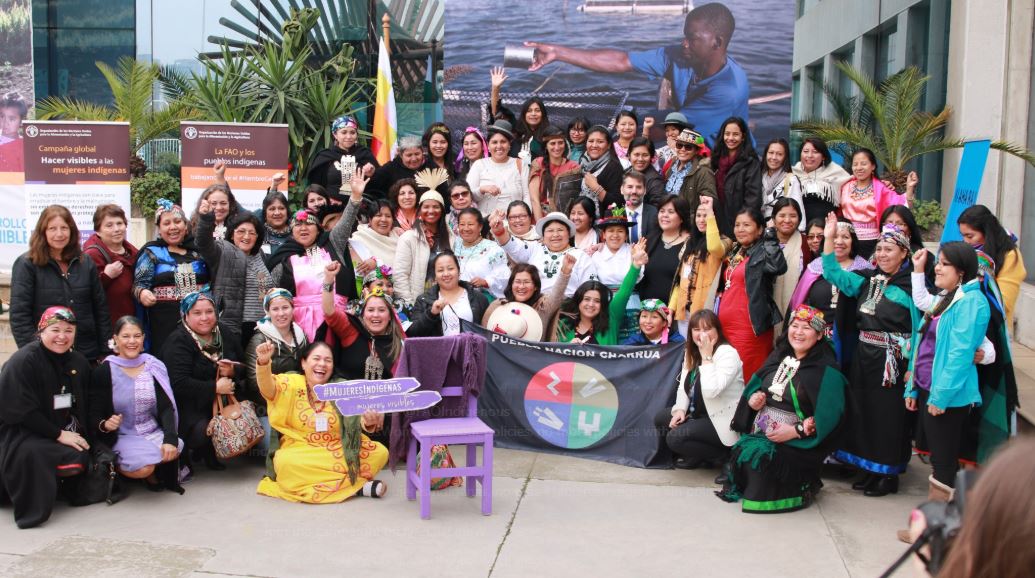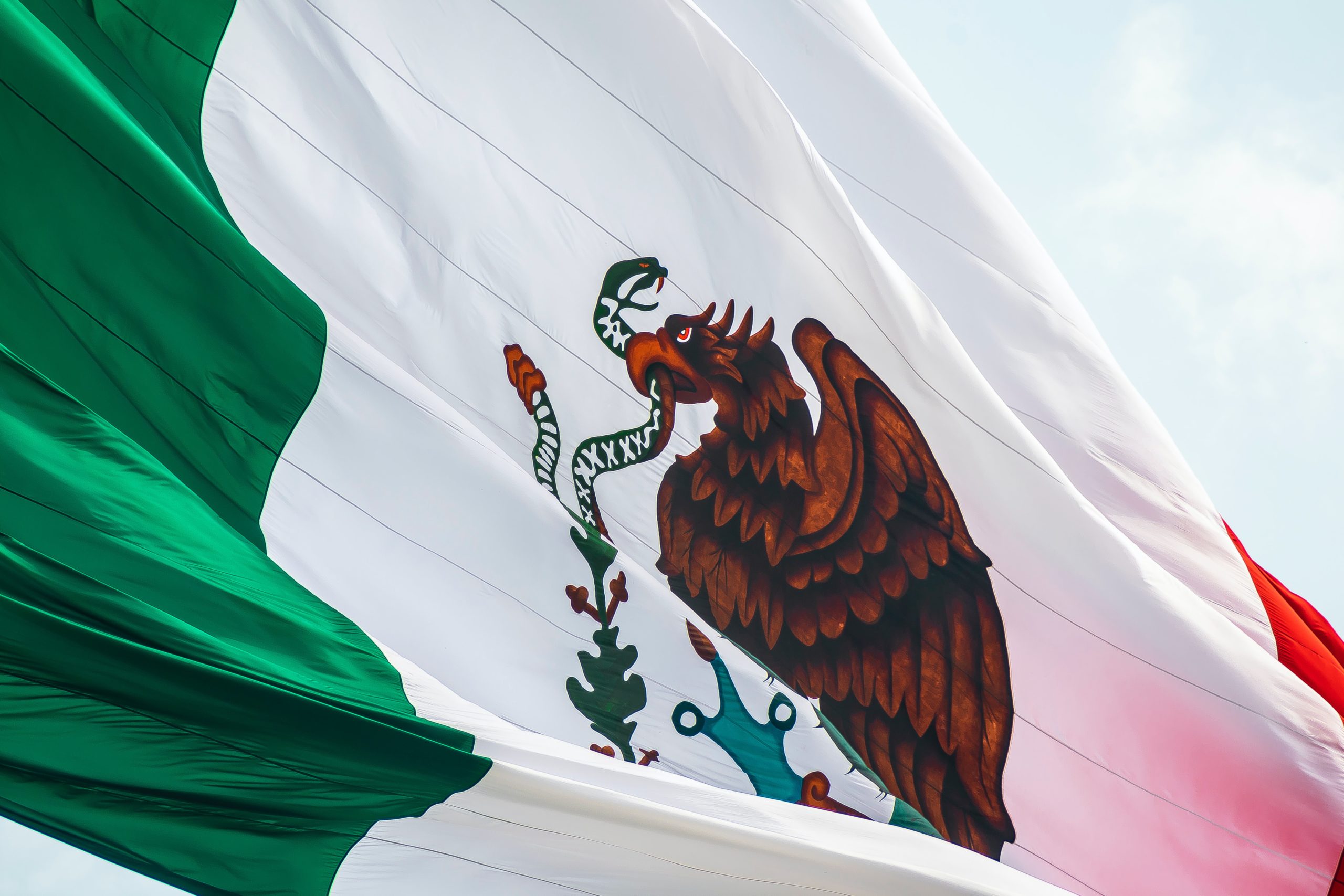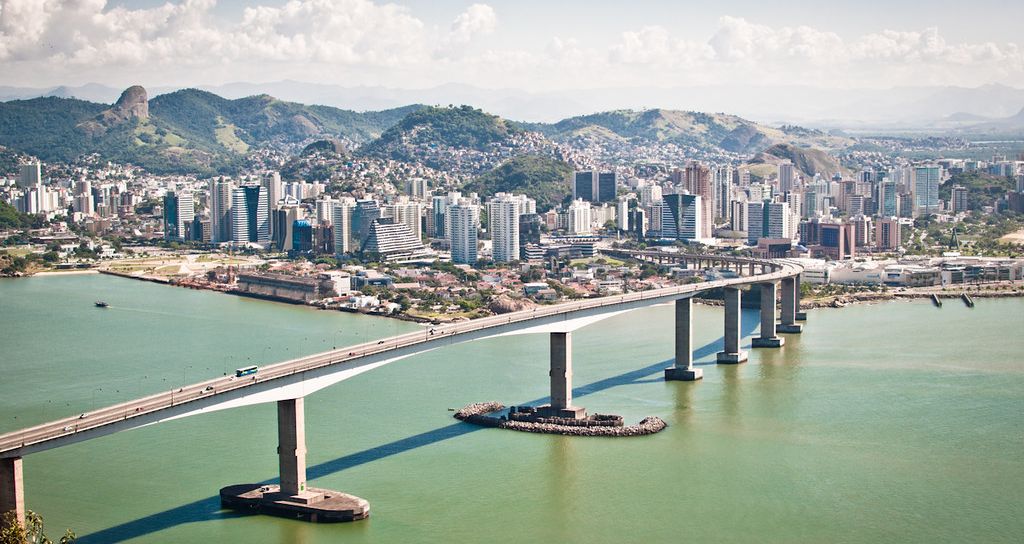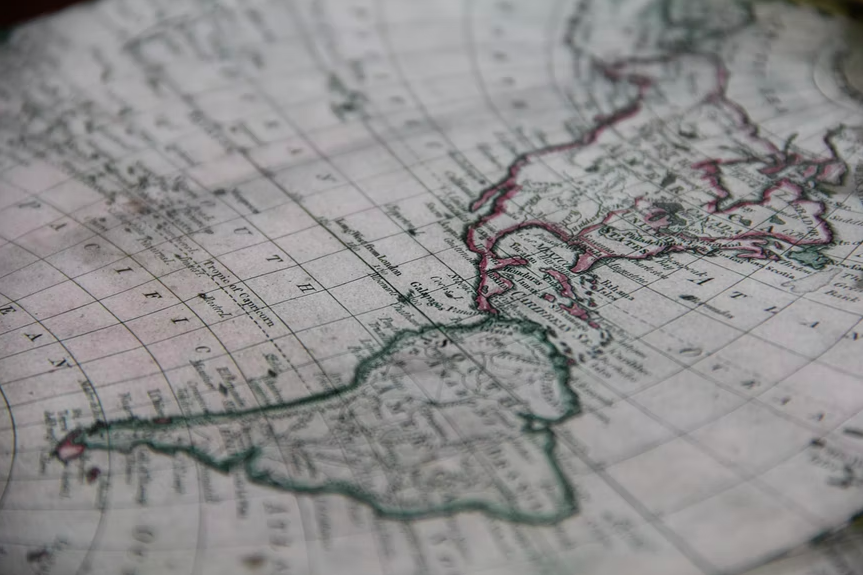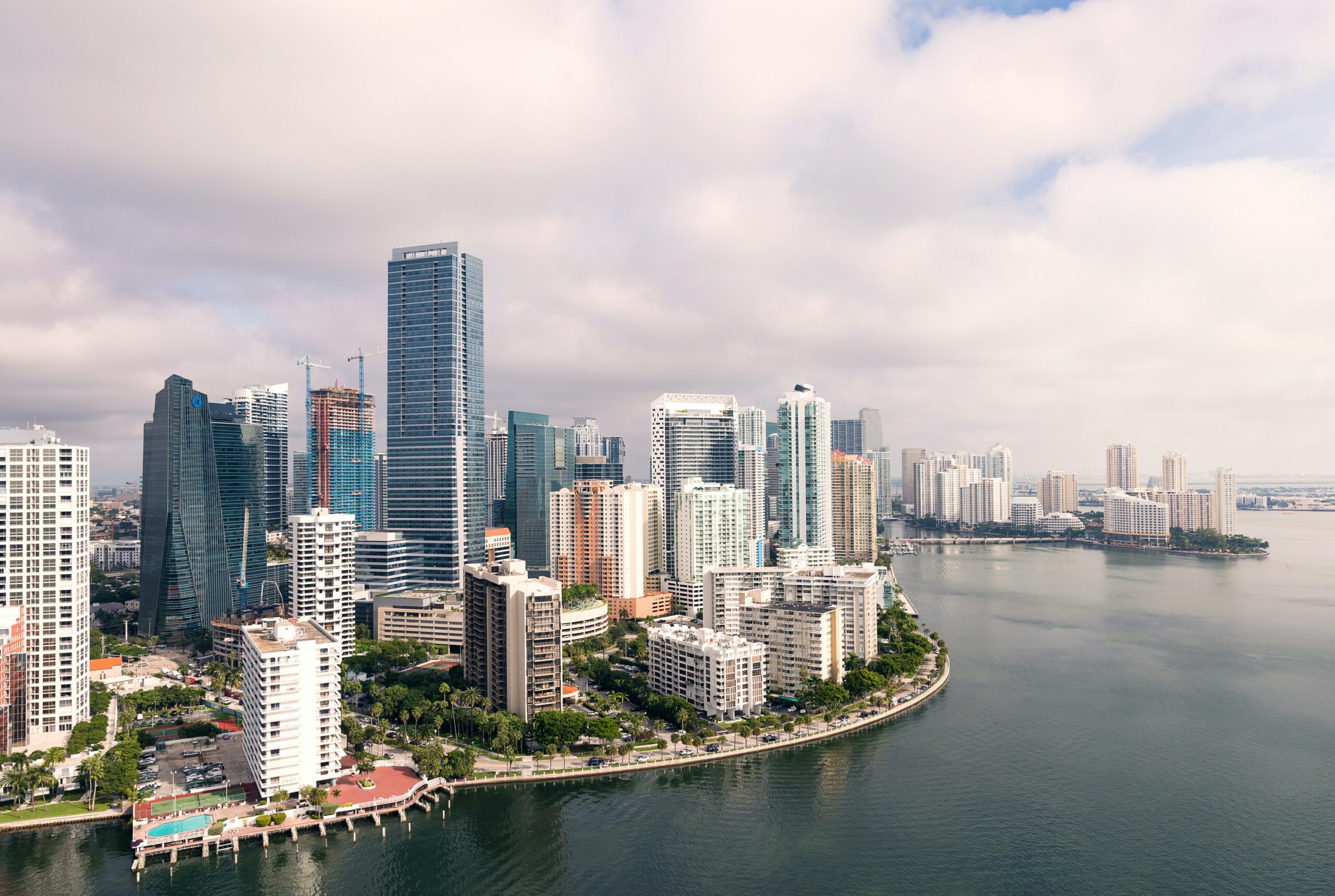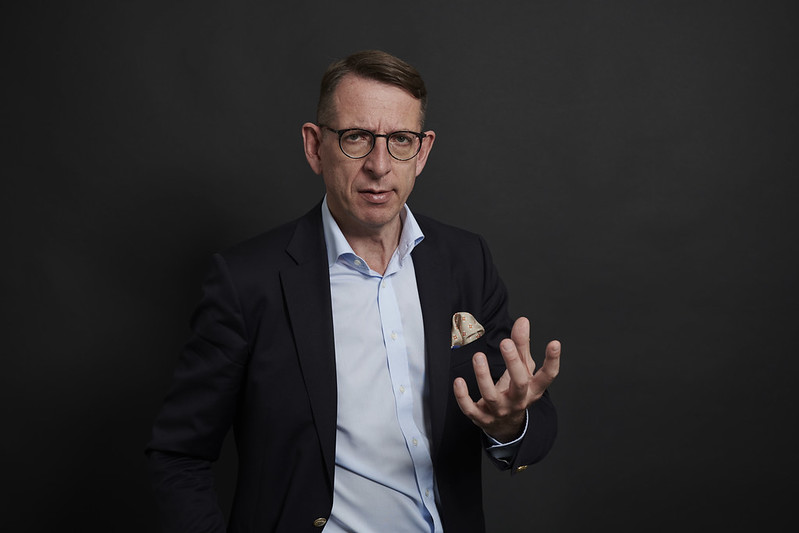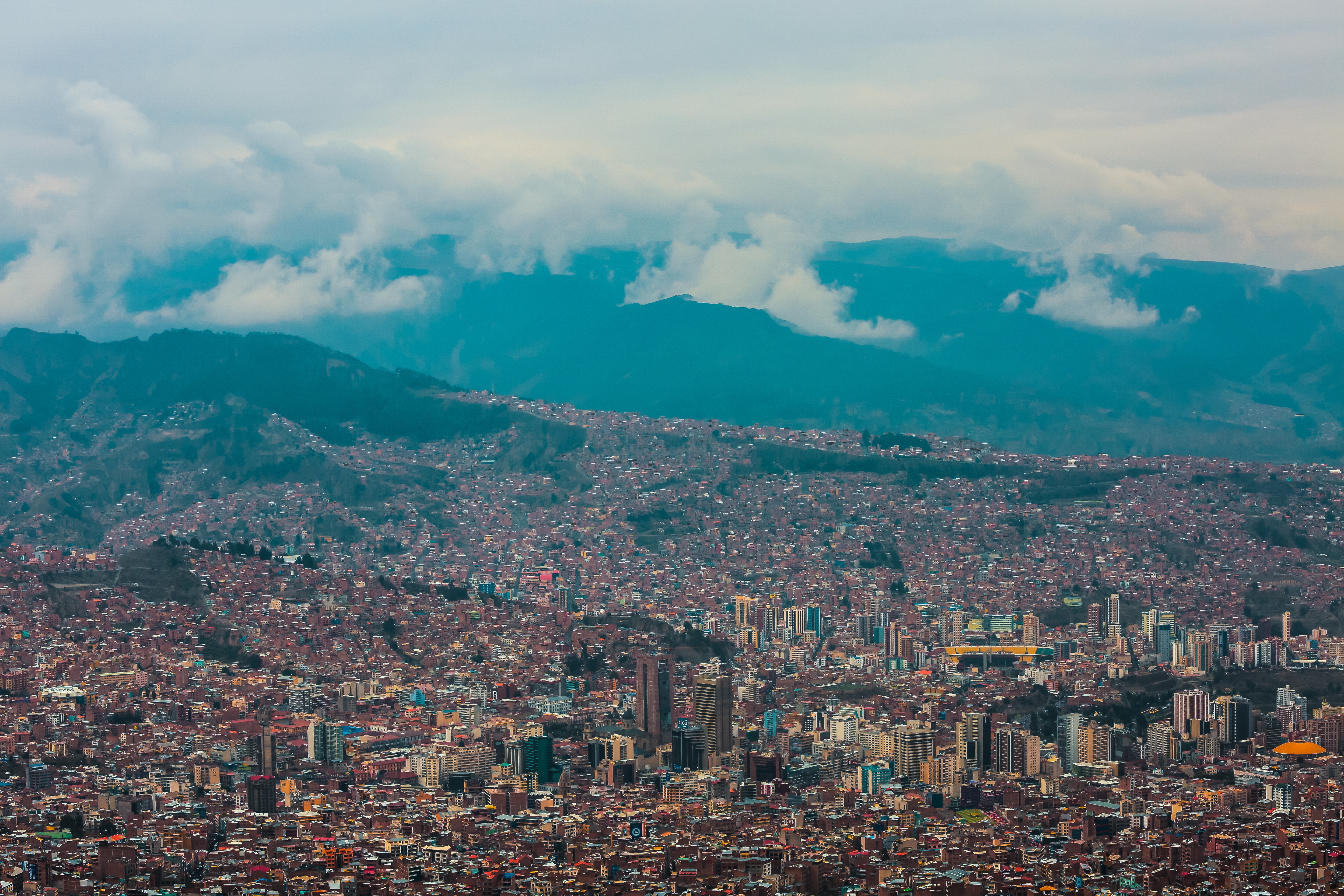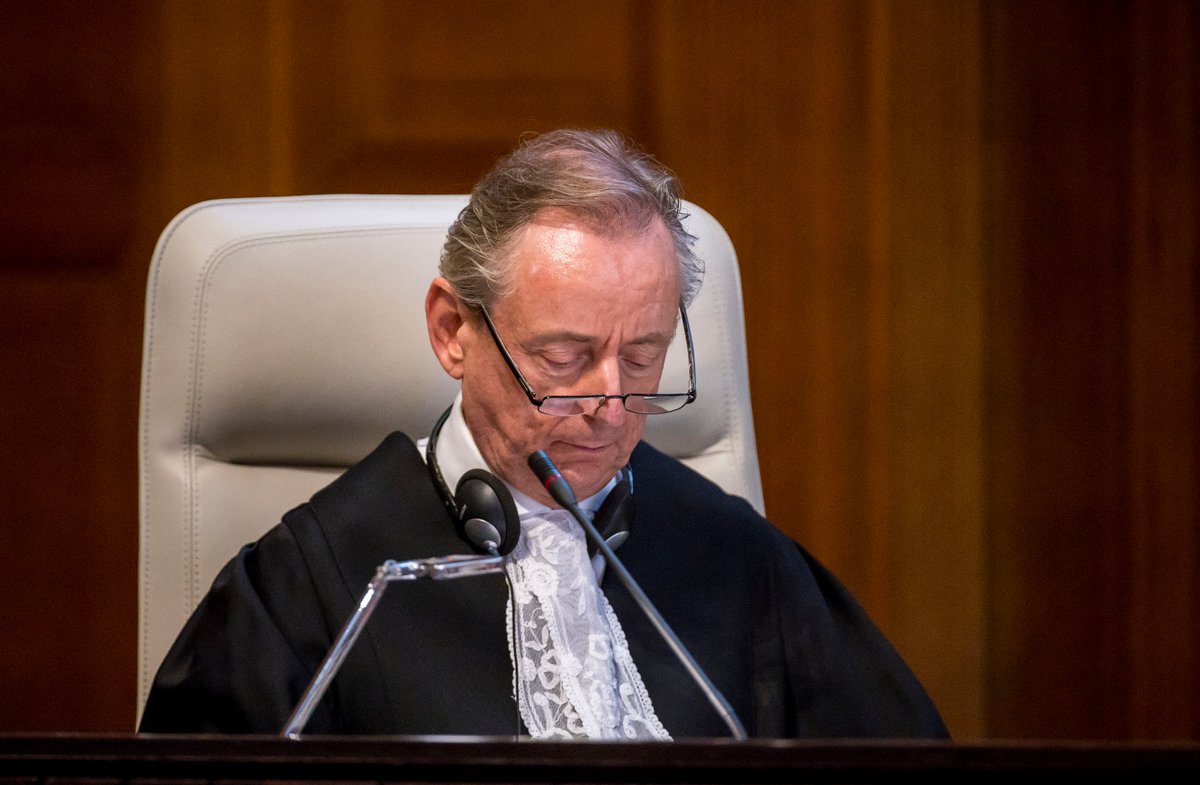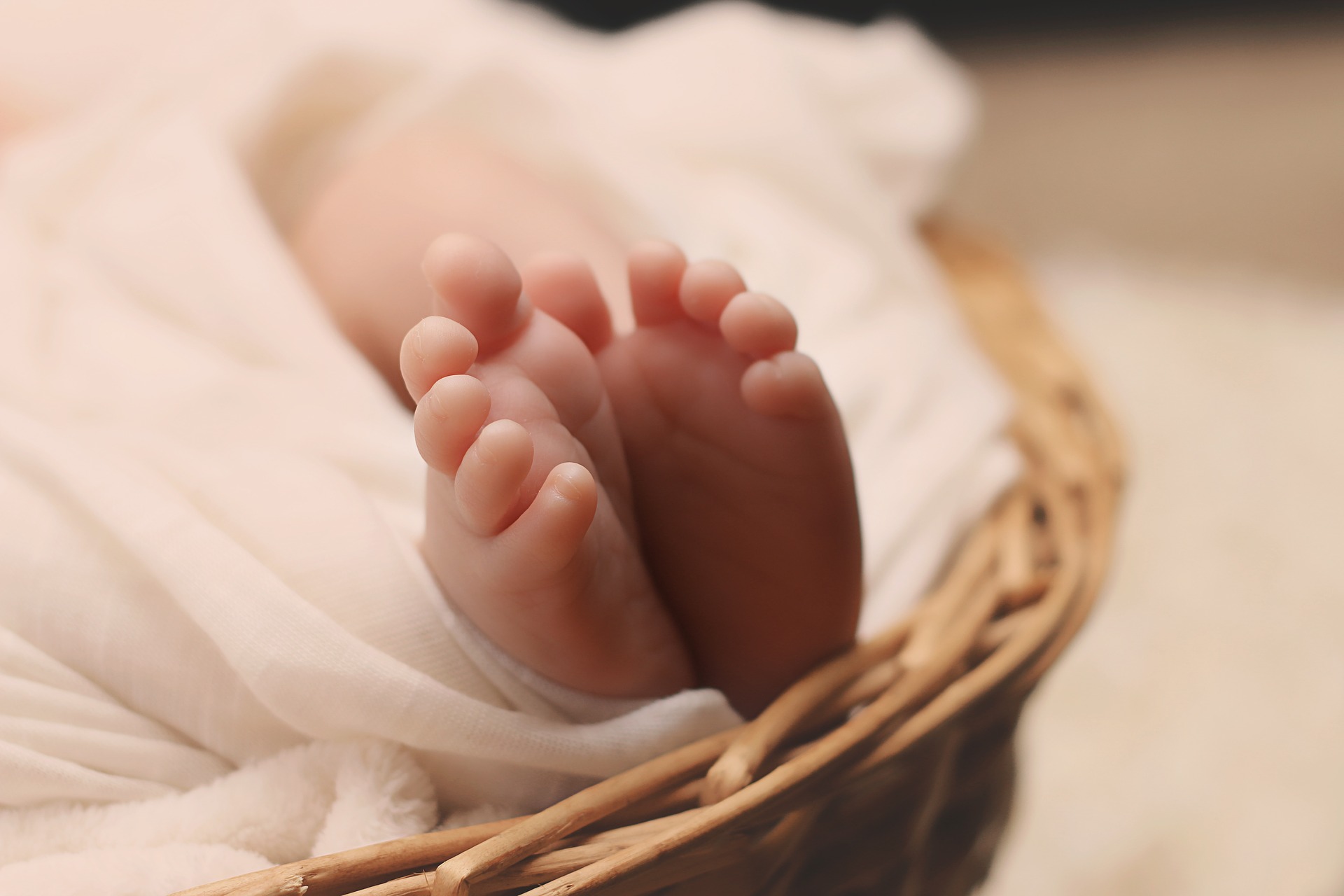According to the United Nations, indigenous women have higher malnutrition rates than any other social group and typically earn a lot less than men, putting them at a serious disadvantage. Statistics published by Reuters also show that indigenous peoples, of which there are around 5000 different communities across the world, constitute 15% of those reportedly in a position of extreme hunger and poverty.
Speaking to the Mexico City Forum on Indigenous Women, FAO director-general Jose Graziano da Silva commented, “indigenous women face a triple discrimination – poverty, gender and ethnicity, both within and outside their communities – making them highly vulnerable.”
It is no surprise, therefore, that the UN Food and Agriculture organisation (FAO) argue that tackling malnutrition among female indigenous communities is a critically important aspect of solving the issue of world hunger.
For this reason, the UN is working with the International Forum of Indigenous Women and the News Agency for Indigenous and Afro-descendant Women in a global campaign entitled #IndigenousWomen Visible Women to highlight the discrimination they face around the world.
Yesterday, September 5, marked the celebration of Indigenous Women Day, which saw the FAO make another special call for 30 South American leaders to join the campaign for the empowerment of indigenous women.
This year’s celebration also marked the introduction of an initiative labelled ‘violet chair,’ an urgent call to encourage the participation of indigenous women in Zero Hunger policy discussions, behind the metaphor of a seat at the table.
“We cannot be short of food…corn… plantain… these are the foods that characterise our countries,” said Indira Vargas, a member of the Ecuadorian Quechua indigenous people, in a Visible Women campaign video.
“It is important to make indigenous women visible because it is a debt that states still owe indigenous towns and particularly indigenous women,” Salvadorian Betty Elisa Perez Valiente of the Nahuat Pipil community stated in an FAO campaign video.
In Mexico, advances in this area have already been made as July’s presidential election saw the first indigenous woman, traditional healer and Nahua speaker Maria de Jesus Patricio Martinez, run as a presidential candidate.

